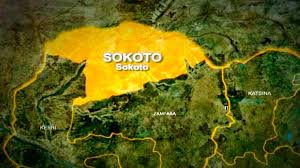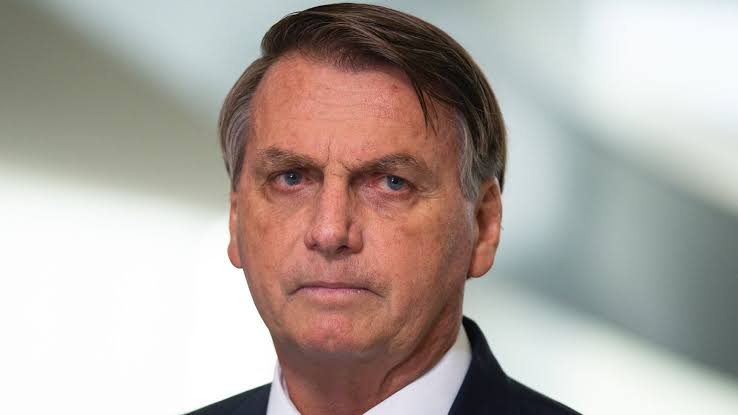In a bold move to tackle the acute shortage of medical personnel in rural areas, the Sokoto State Government has introduced a mandatory two-year rural service for all medical professionals it sponsors.
Gatekeepers News reports that the initiative, being spearheaded by the Commissioner for Health, Dr. Faruk Umar Abubakar, is aimed at correcting long-standing staffing imbalances and ensuring equitable healthcare delivery across the state.
Under the new policy, all doctors, nurses, pharmacists, and allied health workers trained by the state government will be bonded to serve in rural health facilities for a minimum of two years. The decision follows a comprehensive needs assessment that revealed a troubling overconcentration of health workers in urban areas, while rural communities remained grossly underserved.
“We are not just posting them to rural areas, we are also motivating them with better pay, improved facilities, and security support,” Dr. Abubakar said in a recent media briefing. He disclosed that the policy has already gained traction, prompting interest from the education sector, which is considering a similar model to resolve teacher shortages in remote areas.
To further encourage compliance and boost morale, the state government approved a 10% salary bonus for rural service, a measure the commissioner believes will convince many professionals to remain in those communities even after their mandatory service ends. “We’re confident that many will eventually choose to stay because of the good working environment and the incentives,” he added.
This rural deployment strategy forms part of a broader effort by the administration of Governor Ahmad Aliyu to revamp Sokoto’s healthcare system. Notably, the state government now pays medical and health workers a remuneration package that matches the Federal Government’s salary scale, a development that has stunned organized labour and medical professionals nationwide.
Dr. Abubakar credited this achievement to the Governor’s visionary leadership and swift approval of the health ministry’s proposal. “We made a compelling case to His Excellency that for the sector to retain its professionals, we must offer a competitive package—and he signed off. Today, Sokoto health professionals are the envy of their peers elsewhere.
As a result, the state has witnessed a reversal in the brain drain that once plagued its healthcare system. Many professionals who had earlier submitted resignation letters have since withdrawn them, thanks to the improved welfare provisions.
The commissioner also emphasised the critical role of teamwork in the sector’s recent gains. “Healthcare is not a one-man show. Doctors, nurses, pharmacists, medical scientists, cleaners—all play critical roles,” he said.
He noted that professional associations such as the Nigerian Medical Association (NMA) and the National Association of Nigerian Nurses and Midwives (NANNM) have applauded the administration’s commitment to staff welfare and expressed renewed confidence in its leadership.
“These reforms are laying the foundation for a stronger, more responsive health system in Sokoto State,” Dr. Abubakar affirmed.








